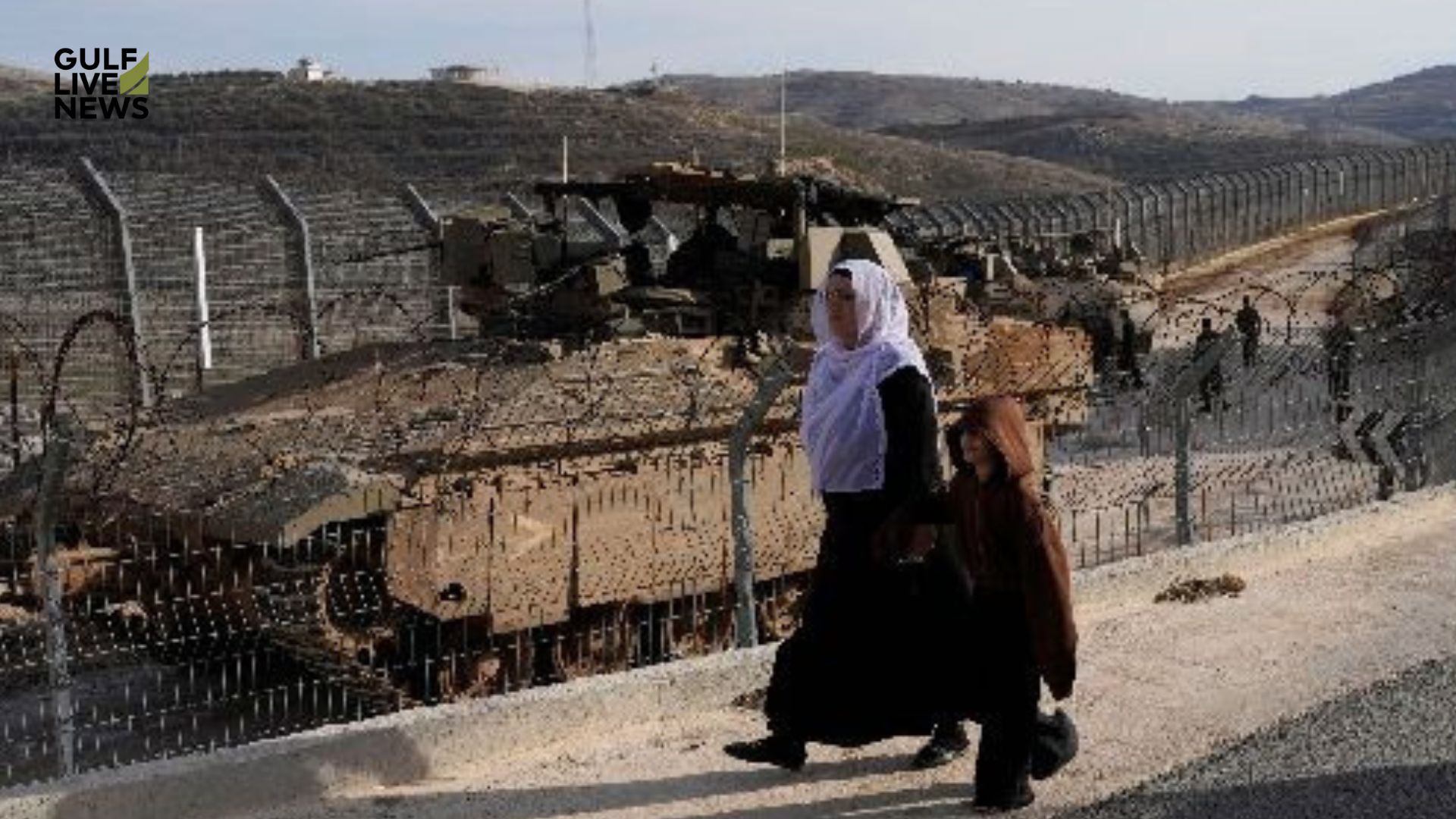Overview of the Situation
Israel’s recent actions in Syria, especially regarding the Golan Heights, have drawn widespread condemnation from several countries in the region. Qatar, Saudi Arabia, Iran, and Iraq have all criticized Israel for what they view as violations of Syria’s sovereignty and international law. These responses highlight the increasing tensions in the area surrounding the Golan Heights.
Qatar’s Condemnation
Qatar has described Israel’s actions as a “dangerous development.” The Qatari Foreign Ministry issued a statement condemning the incursion into Syrian territory. They labeled Israel’s attempts to seize more land as a violation of Syria’s territorial integrity. Qatar expressed concern that such actions would escalate violence in an already volatile region. The emphasis was placed on the need for respecting sovereign boundaries and international norms.
Saudi Arabia’s Position
Saudi Arabia has also spoken out against Israel’s actions. The Saudi Foreign Ministry condemned the continuous violations of international law by Israel. They highlighted the repercussions of these actions on Syria’s stability and territorial integrity. The message from Saudi Arabia was clear: the Golan Heights is regarded as an occupied Arab territory. Saudi Arabia called for international solidarity and condemnation of Israel’s actions, urging the global community to take a stand.
Iraq’s Criticism and Call for Action
Iraq joined in the criticism of Israel’s actions. The Iraqi government labeled Israel’s maneuvers as a “grave violation” of international law. Iraq emphasized the importance of respecting Syria’s sovereignty and called on the UN Security Council to take action. They sought an end to what they referred to as aggression against Syria. This demonstrates Iraq’s commitment to supporting its neighboring country in the face of perceived injustices.
Iran’s Concerns
Iran has expressed similar sentiments. Iranian officials condemned Israel’s actions as violations of international law. They particularly pointed out that these actions contravene the United Nations Charter. This illustrates Iran’s sustained opposition to Israeli activities in the region, reinforcing its stance on behalf of Syria.
Background Context
The situation escalated following the downfall of the Syrian government led by Bashar al-Assad. In the chaos that ensued, Israeli forces took control of the buffer zone established by the 1974 ceasefire agreement between Israel and Syria. This area sits between the occupied Golan Heights and territories controlled by Syria. Israeli Prime Minister Benjamin Netanyahu has stated that Israel intends to retain control over the Golan Heights “for eternity.” He also thanked US President-elect Donald Trump for recognizing Israeli sovereignty over the region, which has added another layer of tension to the ongoing situation.
International Condemnation
The land grab has not only faced criticism from regional powers but has also sparked international outcry. UN Secretary-General Antonio Guterres highlighted that Israel’s actions violate the 1974 disengagement agreement. This further complicates the situation, as international law is meant to protect sovereign states from such invasions.
In response to the backlash, Israel’s Ambassador to the United Nations clarified that the military presence in the contested area is temporary. He insisted that it is in direct response to security threats facing Israel. This indicates Israel’s perspective on its operations and its rationale behind actions deemed aggressive by other nations.
Ongoing Military Actions
In addition to land seizures, Israeli forces have been conducting multiple airstrikes across Syria. These strikes have reportedly targeted various military installations. Israel claims that these military operations are aimed at weakening Syria’s military capabilities, especially in the aftermath of the government’s collapse. This pattern of military engagement raises questions about the long-term stability of the region.





